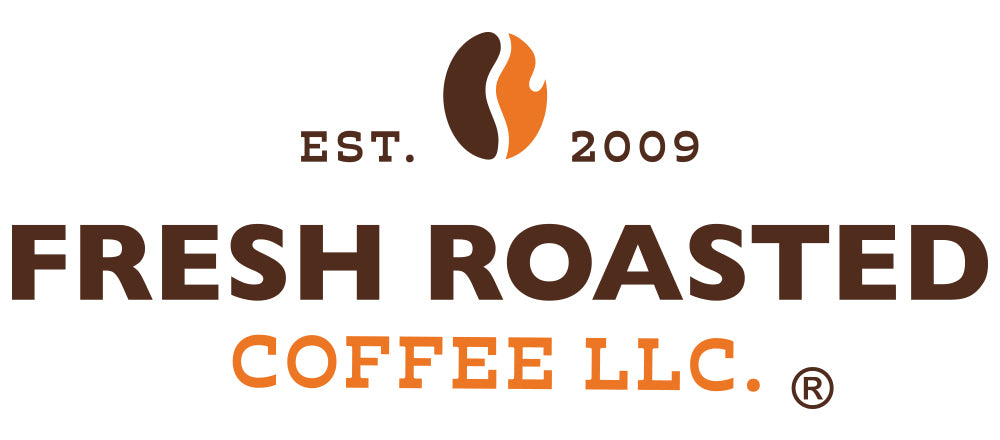POV: Middle Eastern Barista, Double Fermentation, and WBC Plant Milk Rule

-
What’s it like to be a specialty coffee barista in the Middle East?
By Samantha Hernandez for Perfect Daily Grind“According to data from Project Café Middle East 2023, the Middle East and North Africa (MENA) branded coffee shop market grew by 10.5% over the last 12 months. As part of this, Saudi Arabia experienced the biggest growth – accounting for 40% of all branded coffee shops in the region. As well as an increasing number of larger chains, more small and independent coffee shops are opening in the Middle East, too. And with a growing focus on specialty coffee comes a different set of expectations for baristas in the sector.”
continue reading -
Understanding the Process: Double Fermentation
By Tanya Nanetti for Barista Magazine Online“’The term double fermentation is a bit misleading, as it is often applied to coffees that are soaked in water after being fermented and washed’ Taya [Brown, Ph.D., with Café Imports] begins. ‘The same process is called Kenyan process because of its common use in Kenya, but is also called double washed, which might be closer to what’s actually happening.’”
continue reading -
What does the plant milk rule mean for the future of the World Barista Championship?
By Tasmin Grant for Perfect Daily Grind“As part of the updated rules for the WBC, the SCA announced that ‘the milk beverage course can now be prepared using plant-based or other animals’ milk[s].’ The organisation claims ‘these updates mark the largest competition changes since before the pandemic, opening up new service possibilities for competitors’. There’s no doubt that these rule changes are momentous for the future of the competition. However, it’s fair to say that the push for inclusion of plant milks at the WBC has been growing for some time within the wider specialty coffee community. Ultimately, given the growing pressure, it was only a matter of time before the SCA allowed the use of plant milks at the WBC. But how might this rule influence the future of the competition?”
continue reading

Leave a comment